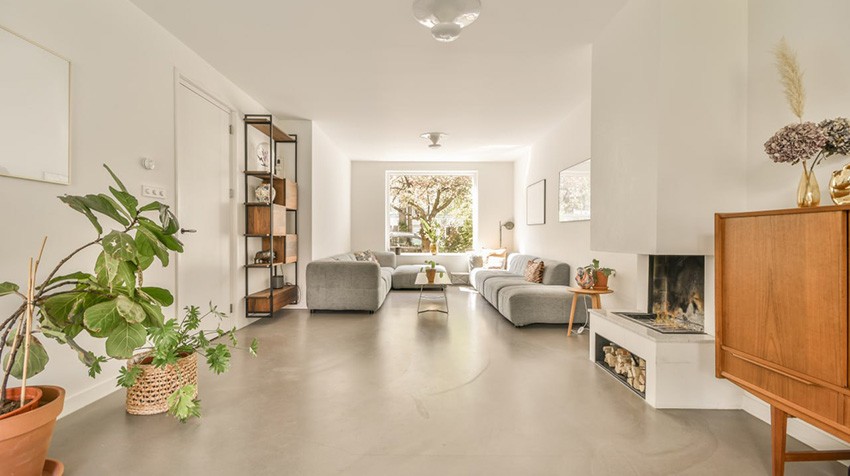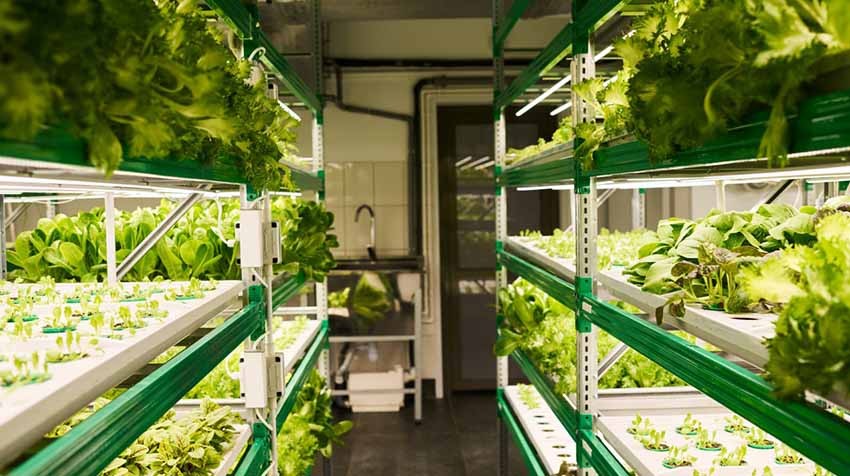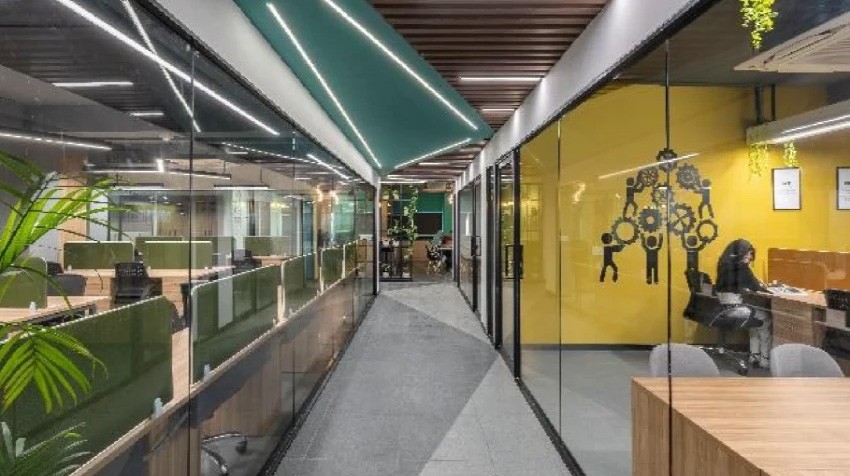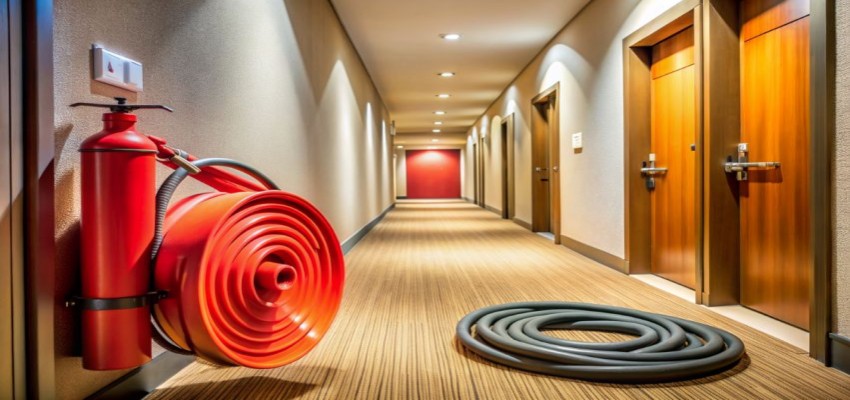
Renting vs. Owning Commercial Property: Which One is Profitable
Introduction
The decision to rent or buy commercial property can feel like a fork in the road, with one path leading to flexibility and lower upfront costs, and the other to stability and long-term investment. It’s not just about money; it’s about aligning this choice with your business’s unique goals, growth trajectory, and industry demands.
Every successful business has one thing in common: they make decisions based on strategy, not sentiment. In this blog, we’ll break down the advantages, challenges, and key factors to help you understand whether renting or owning is the right move for your business. The answer isn’t one-size-fits-all—but by the end, you’ll be equipped to make a decision that truly works for you.
The Case for Owning Commercial Property
Advantages of Owning
Equity Growth and Asset Building: Every mortgage payment builds equity. Over time, the property can become a valuable asset that appreciates in value, providing a solid return on investment (ROI).
Control Over the Space: Ownership gives you full autonomy to customize the property according to your business needs.
Fixed Costs Over Time: With a fixed-rate mortgage, monthly payments remain consistent, unlike rental costs that can fluctuate.
Potential Rental Income: If you purchase more space than you need, you can rent out unused portions to generate additional revenue streams.
Drawbacks of Owning
- High Initial Investment: Buying commercial property requires a substantial down payment, closing costs, and ongoing expenses like taxes, insurance, and maintenance.
- Reduced Flexibility: Selling or leasing a property takes time, which can limit your ability to adapt to sudden business changes.
- Responsibility for Maintenance: As an owner, all property upkeep falls on your shoulders, from repairs to compliance with local regulations.
The Case for Renting Commercial Property
Advantages of Renting
- Flexibility to Adapt: Renting allows businesses to remain agile. If market conditions change, or your business outgrows the space, a lease offers the freedom to pivot without the burden of selling property. Ideal for startups and businesses experiencing rapid growth.
- Lower Initial Investment: Renting significantly reduces upfront costs. Unlike buying, you’re not paying for a down payment, closing costs, or property maintenance—just your monthly rent. Perfect for businesses with tight cash flow or those prioritizing investment in core operations, such as inventory or marketing.
- Shared Maintenance Costs: Many commercial leases pass on the responsibility of major repairs and property management to the landlord. Beneficial for businesses that don’t want the added stress of property upkeep.
- Access to Prime Locations: Leasing opens the door to premium locations that might otherwise be unattainable for smaller businesses due to the high cost of purchasing.
Key for industries like retail, hospitality, or professional services that thrive on high foot traffic
Drawbacks of Renting
- No Equity Building: Rent payments don’t contribute to ownership. Over time, the money spent could outstrip what you’d pay for a mortgage.
- Lease Restrictions: Some leases may limit how you can use or modify the space, which can stifle creativity or operations.
- Rental Increases: Landlords can increase rents at the end of a lease term, potentially making long-term tenancy costly.
Which Option Is Better for Your Business?
When Buying Is a Smarter Move
- Established Businesses: Companies with stable cash flow can benefit from the equity and tax advantages of ownership.
- Specialized Operations: Industries requiring significant customization (e.g., manufacturing) might prefer ownership to avoid lease restrictions.
Investment-Minded Owners: If you view the property as a dual-purpose asset—both for operations and long-term investment—buying becomes a strategic advantage.
When Renting Makes More Sense
- New Businesses: Startups or small businesses in the growth phase often benefit from the flexibility and lower upfront costs of renting.
- Dynamic Industries: Businesses in fast-changing markets (e.g., tech startups) may find renting aligns better with their need to pivot or scale quickly.
- Retail and Hospitality: High-traffic locations are often more accessible through leasing.
The Financial Perspective
Cost Analysis
Renting may appear cheaper month-to-month, but consider this: if you stay in the same location for decades, you may end up paying more in rent than you would for a mortgage. Conversely, buying ties up significant capital that might otherwise fund business growth.
Cost Comparison Chart
Factor | Renting | Owning |
Initial Costs | Security deposit, initial rent payment | Down payment (10-25% of property value), closing costs |
Monthly Costs | Rent, utilities, possible CAM charges* | Mortgage, property taxes, insurance, maintenance |
Tax Deductions | Rent payments (fully deductible) | Mortgage interest, depreciation, property taxes |
Long-Term Costs | Potential rent increases, no equity | Fixed-rate mortgage stabilizes costs, builds equity |
Flexibility | Easy relocation, short-term leases | Limited mobility; selling takes time |
Customization | Limited by lease terms | Full control, can adapt as needed |
Investment Opportunity | None | Property may appreciate, offering ROI |
*Common Area Maintenance (CAM) charges cover shared expenses such as security, parking, or landscaping.
Tax Implications
Understanding the tax benefits of renting and owning is critical for making an informed decision.
For Owners
- Mortgage Interest Deduction: A significant portion of your monthly mortgage payment (interest) can be deducted from taxable income, especially in the early years when interest payments are higher.
- Depreciation: Commercial property depreciation is spread over 39 years in the U.S. This non-cash expense can offset taxable income significantly.
- Property Taxes: While a recurring expense, property taxes are also deductible, offering relief for property owners.
- Capital Gains: If the property appreciates and is later sold, the owner may face capital gains taxes. However, mechanisms like a 1031 exchange can defer these taxes if profits are reinvested in another property.
Market Considerations
In volatile real estate markets, buying may pose greater financial risk. Renting allows businesses to avoid market dependency and maintain liquidity.
The Bottom Line
The choice between renting and owning commercial property is not a one-size-fits-all decision. It’s a nuanced process that depends on your business’s financial health, long-term goals, and operational needs.
If you’re a startup, prioritizing agility and cash flow might steer you toward renting. On the other hand, if you’re an established business with stable revenue, buying can create both a financial asset and a strategic advantage.
Ask yourself:
- Do I value flexibility or stability more?
- How important is location to my business model?
- Can I afford the upfront costs of buying without jeopardizing growth?
- Each decision comes with trade-offs, but when approached thoughtfully, either path can support a thriving business.
Your business deserves a space that fuels growth and aligns with its ambitions. Whether you choose to rent or buy, make the choice boldly, armed with knowledge and a clear vision for the future. After all, success isn’t just about where your business operates—it’s about how you make the space work for you.











